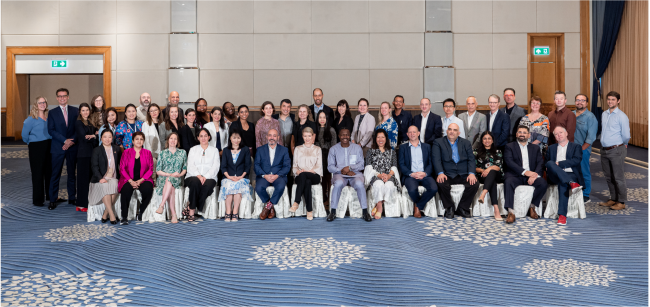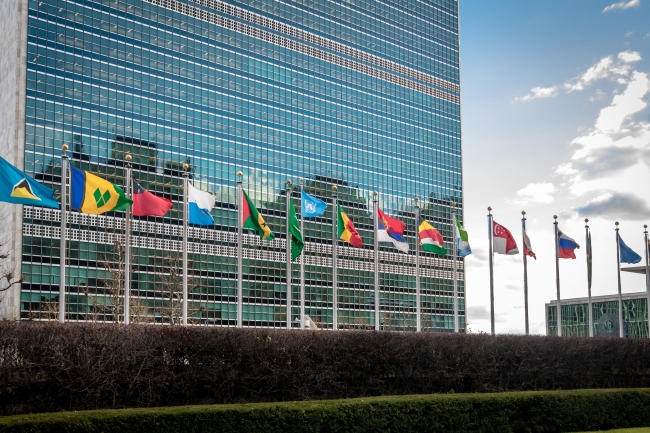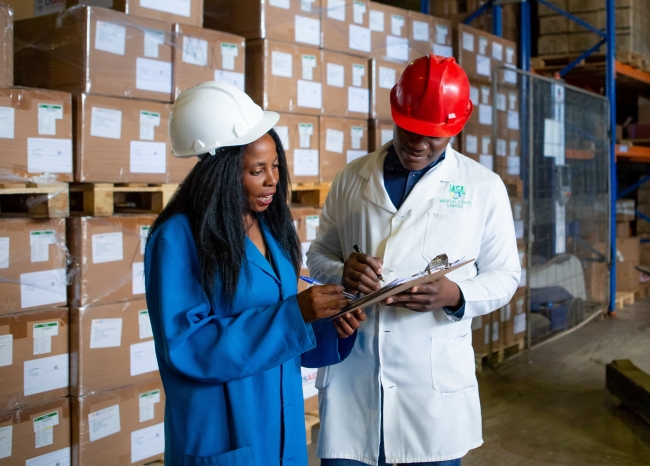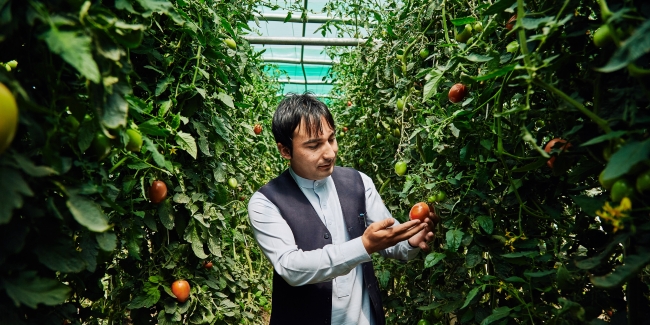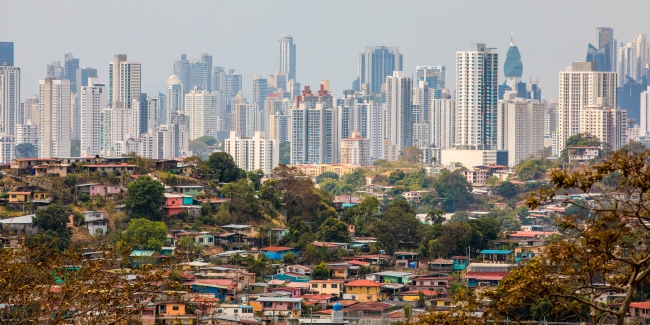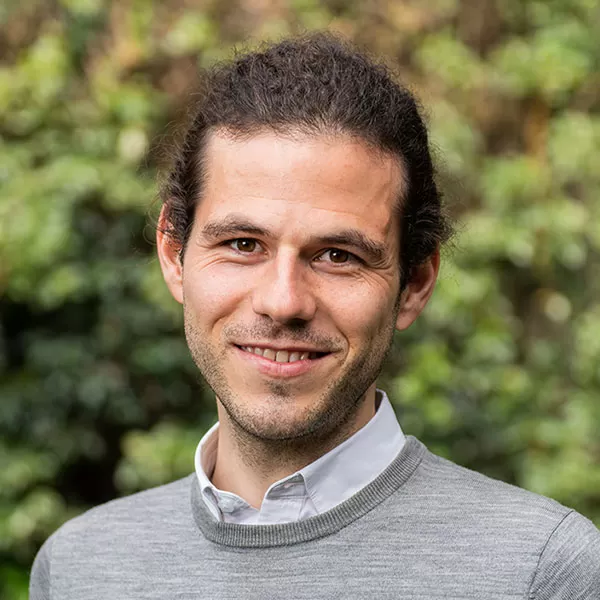Utilizing Impactful Investments for Africa’s Sustainable Development Progress
17 DECEMBER, 2024

With continuous GDP growth, Africa’s rise is remarkable — thanks to striving economies, unique expertise and innovative approaches, youthful populations and rich natural resources. But utilizing this growth for sustainable development requires the firm commitment from the private sector, and for enterprises and investors to go beyond business as usual, necessitating targeted investments that deliver real impact. That's where the United Nations Development Programme (UNDP) and its Africa Sustainable Finance Hub (ASFH) is making a mark.
Mapping Africa's Investment Landscape
Since 2021, ASFH has been meticulously mapping the SDG investment landscape across the continent on its SDG Investor Platform, establishing a treasure trove of opportunities that marry solid financial returns with measurable development impact potential. What started as a focus on traditional investment hubs like Nigeria and South Africa has expanded into a sweeping, 16-country analysis that spans the rich diversity of Africa's markets — across Eastern, Southern and Western Africa, and from least developed nations to small island states.
Across countries, the SDG investment insights provided opportunities to UNDP to pursue non-traditional partnerships, for example through a broader programme with the Investment Promotion Agency of Mauritania (APIM) in Mauritania or UNDP Angola’s collaboration with Agency for Private Investment and Promotion of Exports of Angola (AIPEX). These are critical entry points for governments and development partners to work with the private sector as a driver of positive change.
Through the country-led African SDG Investor Maps, UNDP has uncovered 207 investment opportunities across 11 key sectors, 24 sub-sectors, and 42 industries. From renewable energy and health care to education and sustainable agriculture, these are business models that are not just profitable but can actively contribute to the achievement of national development objectives.
Turning Opportunities into Impact
Among the impactful business models are also emerging opportunities that require risk-sharing arrangements and public support. This signals the importance of integrated approaches to SDG financing that combine private sector and public sector financing and action. In Sierra Leone, for example, solar irrigation investors can build on the support of the Sierra Leone Agribusiness Development Fund (SLADF), while private sector interventions in local rice processing would require additional attention from government and development partners, especially regarding farming practices and subsidized imports.
But ASFH’s work goes far beyond just identifying the opportunities. UNDP is actively unlocking them, forging crucial partnerships with government agencies, development finance institutions, and private sector players to catalyze real investment and impact.
Piloted in Nigeria, UNDP has already facilitated USD $15 million in investments for health care and agritech SMEs through its pioneering “Pipeline Builder” initiative. And we are just getting started. Across the continent, the team is scaling up these investment brokering efforts, tailoring approaches to the unique dynamics of each market and the needs of various investors. For example offering regional expansion support to small-scale SMEs in the small economies of Mauritius and Seychelles, or connecting local government projects to regional anchor investors in Tanzania.
ASFH's vision extends far beyond individual deals. UNDP is using its rich SDG investment intelligence to drive systemic change, informing high-level policy discussions and shaping the investment priorities of key private stakeholders for example at the Africa Impact Summit and the Africa Early Stage Investor Summit. In Namibia, for instance, UNDP’s insights helped catalyze the formation of the Namibia Impact Investing Forum, bringing the private sector together to enhance its SDG contributions.
ASFH is also seamlessly integrating its SDG financing expertise with UNDP's broader sustainable development priorities. The team is working together with UNDP’s Climate Promise to showcase how these investment opportunities can directly support countries' climate action plans. And in marginalized border regions, they are using the investment intelligence to unlock private sector engagement together with the UNDP Africa Borderlands Center.
A Catalyst for Sustainable Transformation
Through it all, ASFH is proving that sustainable development and private sector investment isn’t just compatible — they're inextricably linked. By meticulously analyzing Africa's SDG investment landscape and then actively unlocking those opportunities, UNDP is paving the way for a more prosperous, equitable, and sustainable future for the continent.
This is more than an investment strategy; it's a transformative approach to development that harnesses the power of private capital to address systemic challenges. It's an inspiring model that deserves to be celebrated, scaled up, and replicated across more markets in Africa and beyond — turning potential into tangible progress for millions.

